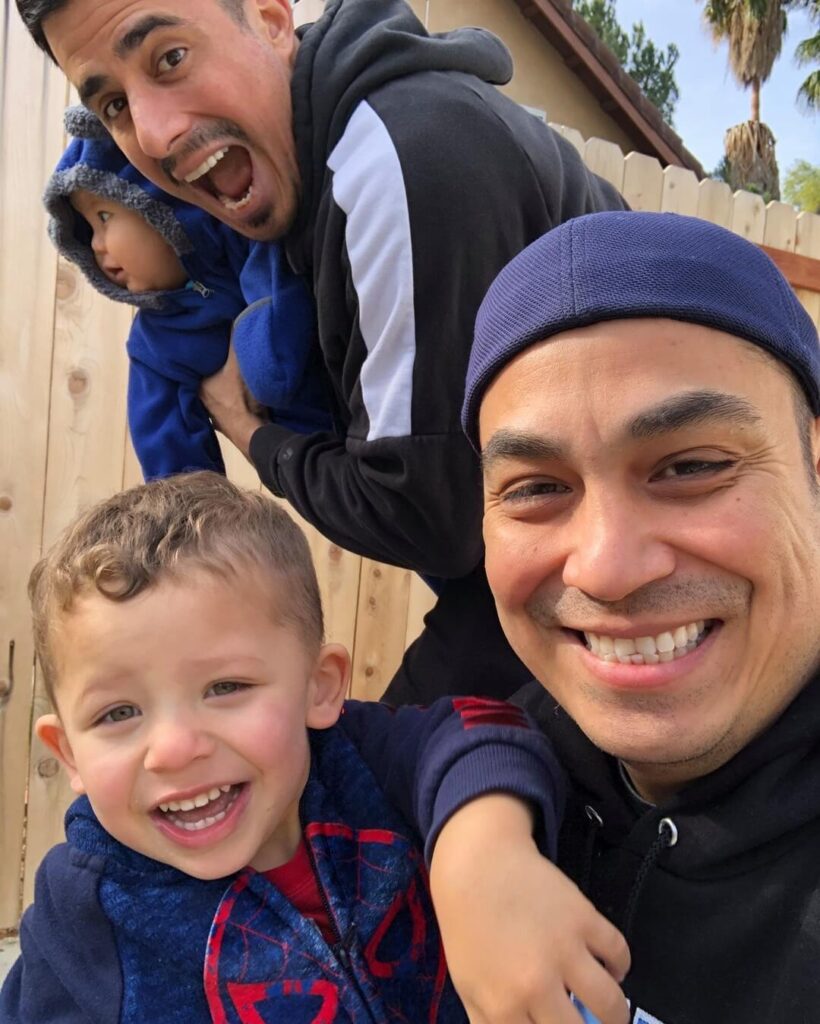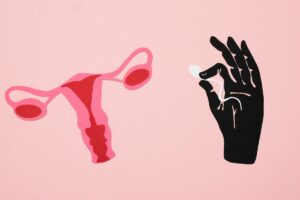Treatment Options
LGBTQIA+ Families
At RFC, we extend a heartfelt welcome to the LGBTQ+ community. We understand that the path to parenthood is marked with hope, anticipation, and occasional obstacles. We firmly believe that everyone deserves the opportunity to build a loving family without barriers. Fortunately, as society progresses, so does the care and options that LGBTQ+ individuals can find to support their family building goals.
LGBTQIA+ Family Planning
Reproductive Fertility Center takes pride in assisting LGBTQIA+ couples in building their families. Our physicians offer an array of fertility options for lesbian, gay, and transgender individuals on their journey to be parents. Different approaches that RFC takes for LGBTQIA+ to conceive can involve in vitro fertilization, intrauterine insemination, egg donation, and surrogacy.
Fertility Options for LGBTQIA+ Families
Assisted Reproductive Technology has finally evolved to provide same-sex couples the opportunity to conceive. Although an egg and sperm are still needed in the creation of life, there are opportunities now for both partners to participate in conceiving a child. Typically, third-party reproduction services such as egg donors, sperm donors, and surrogates (gestational carriers) would be recommended for same-sex couples.
RFC is committed to supporting intended parents through the entire fertility process, by matching you with your ideal egg donor, surrogacy agency, and/or sperm bank. Each candidate undergoes a thorough psychological and medical evaluation. We also require that each donor meet with legal counsel so parental rights may be solidified and established.
Fertility Treatment for Female Same-Sex Couples
If you and your partner have biologically-female reproductive organs, we recommend that consulting with a fertility specialist or clinic to provide the necessary guidance to navigate these options and make informed decisions about building a family.

Some common methods include:
- Donor insemination: Artificial insemination or intrauterine insemination (IUI) with donor sperm is a typical fertility treatment option for lesbian or female same-sex couples who are looking to conceive. In this procedure, the donor sperm is placed into the uterus around the time of ovulation, with the goal of fertilizing an egg.
- Reciprocal IVF: Reciprocal IVF allows both partners to actively participate in the conception and gestation of their child. In reciprocal IVF, one partner provides the eggs, which are then fertilized with donor sperm, and the resulting embryos are transferred to the other partner’s uterus for pregnancy.
- Gestational surrogacy: Gestational surrogacy can be a viable option for lesbian couples or female same-sex couples who wish to have a child but are unable to carry a pregnancy themselves. In gestational surrogacy, a woman (referred to as the gestational surrogate or gestational carrier) carries the pregnancy on behalf of the intended parents. Either one or both partners can contribute the eggs, which are fertilized with donor sperm or sperm from one of the partners, and the resulting embryos are transferred to the gestational surrogate’s uterus.
Fertility Treatment for Male Same-Sex Couples
Male same-sex couples seeking to build their family have multiple options to achieve their hopes of building a family. With advancements in reproductive technology and the support of expert fertility specialists, these couples have the chance to create biological connections with their future children.
Fertility treatments gay or male same-sex couples usually opt out for involve:
Dual insemination: Dual insemination, also known as double insemination or reciprocal insemination, is a fertility treatment option specifically designed for male same-sex couples who both wish to contribute their sperm for the conception of their child. This procedure allows both partners to actively participate in the reproductive process and share a biological connection with their future child.
Egg donation & surrogacy: Unlike heterosexual or same-sex female couples, gay or same-sex male couples will need to use an egg donor and surrogate during their journey. Prior to starting, it is crucial to have a discussion with your partner to answer the following questions:

- How to choose an egg donor? When a same-sex male couple is considering fertility treatment, choosing an egg donor is vital. To select an egg donor, the couple should come to a consensus on whether they prefer an anonymous donor from an egg bank or a known donor, such as a family member or friend. If the couple opts for an anonymous donor, they can browse through donor profiles provided by the egg bank, which typically include information about the donor’s physical characteristics, medical history, educational background, and personal interests.
- How to choose a surrogate? For couples exploring surrogacy for their fertility journey, choosing a surrogate requires much time and consideration. The couple can begin by engaging with a reputable surrogacy agency that specializes in working with same-sex couples. The agency can provide a pool of pre-screened surrogates who have undergone thorough medical and psychological evaluations. Compatibility and connection are key factors, so the couple should have the opportunity to meet potential surrogates and engage in open and honest conversations. Discussing expectations, and values, and establishing a level of trust and rapport is vital in choosing the right surrogate. With the guidance and support of the surrogacy agency and legal professionals, the couple can make an informed decision in selecting a surrogate who shares their vision of parenthood and is dedicated to helping them build their family.
Fertility Preservation for Transgender Individuals
For transgender individuals, fertility preservation offers the opportunity to preserve their ability to conceive before undergoing hormone therapy or gender-affirming surgeries, which may affect their reproductive capacity.

- For transgender men (assigned female at birth, or FTM) who are considering fertility preservation, there are several options available to help preserve their reproductive potential before undergoing hormone therapy or gender-affirming surgeries. These options include egg preservation. The process involves stimulating the ovaries with medications to produce multiple eggs. The eggs are then retrieved, and frozen for future use.
- For transgender women (assigned male at birth) who are seeking to preserve their fertility may choose to preserve their sperm. Before beginning hormonal therapy or performing any surgeries, fertility experts encourage sperm to be collected by masturbation, frozen, and stored for future use. These preserved sperm samples can be used in future fertility treatments, such as in vitro fertilization (IVF) with a partner’s or donor’s eggs or using a gestational surrogate.
Informational Blogs & Resources

Fertility Preservation For Transgender Patients
Reports have indicated that 1.64 million people over the age of 13 in the U.S. identify as transgender. Transgender men and transgender women who are

Reciprocal IVF: Everything Lesbian Couples Need To Know
Reciprocal in vitro fertilization allows both women in a lesbian partnership to be a part of the creation of life. Many who are a part

Choosing An Egg Donor Or Surrogate: What Gay Couples Need To Know
Due to technological advancements same-sex male couples can enjoy the pleasures of fatherhood. Many gay couples have been able to grow their family through services

